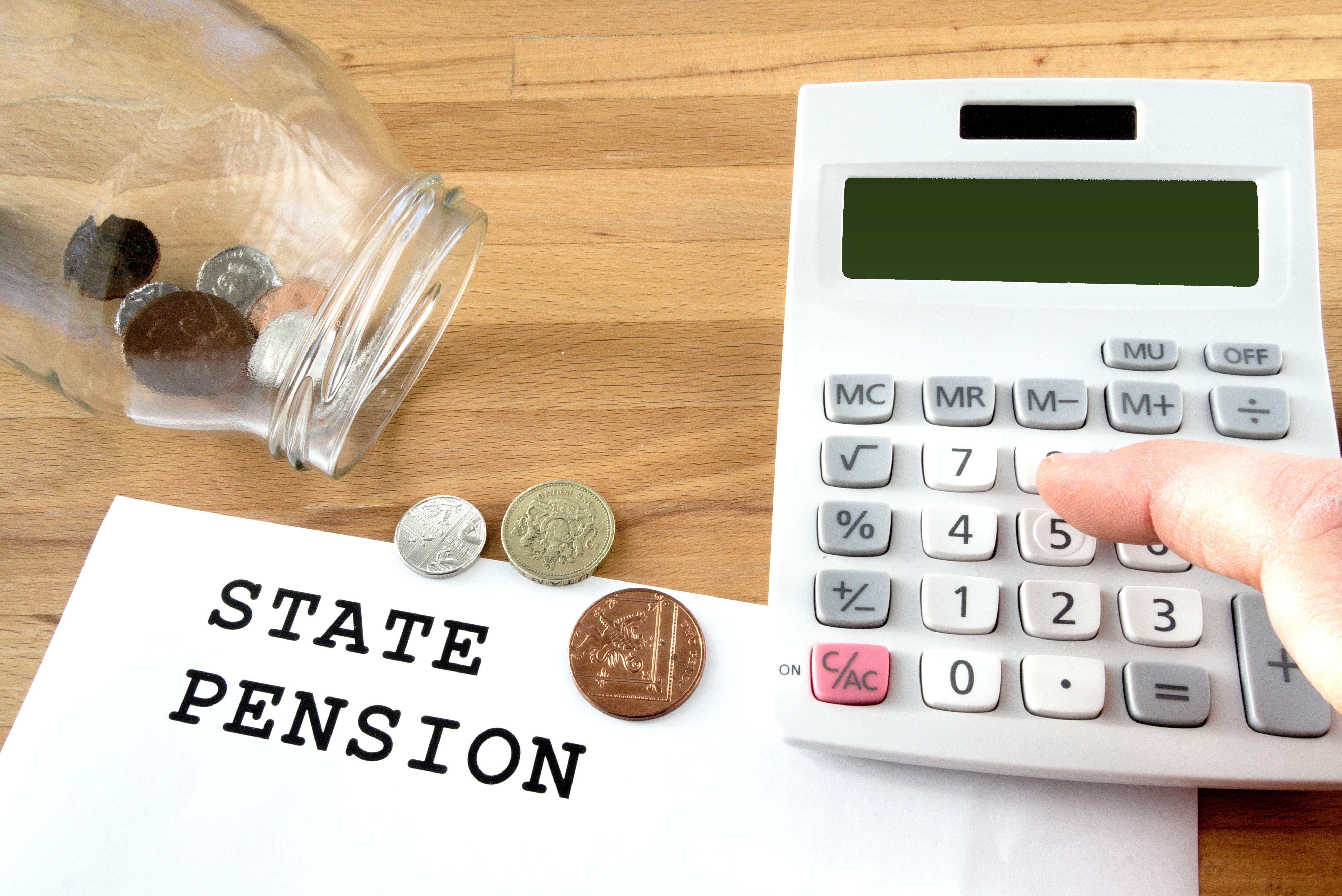Category D State Pensions: how to make sure you get what you're due

Even those with no National Insurance record are entitled to a Category D State Pension, which is worth thousands of pounds.
The State Pension is a key part of financial planning for many of us, a reliable ‒ if not mammoth ‒ payment that can help us get by once we give up work.
Which is why it’s perhaps surprising that so many older people aren’t receiving a penny.
Indeed, official figures suggest that as many as 250,000 over 70s currently receive zero State Pension.
And while in some cases this may be absolutely right, new analysis argues that thousands of older people are actually missing out on payments to which they are entitled which could make a big difference to their standard of life.
Why people receive no State Pension
Pension consultancy LCP, which has highlighted the issue, pointed out there are three clear reasons why some over 70s may not be receiving a State Pension.
Some may opt to defer their payments, perhaps because they are still in employment, a move which actually boosts the size of the State Pension payments when you do start receiving them.
Then there’s the fact that the State Pension is largely based on National Insurance contributions. If you don’t have enough years of contributions, then you may not be entitled to normal pension payments.
And then there’s a small number of people receiving other forms of benefits which can reduce or eliminate their entitlement to the pension.
But as LCP points out, the number of people falling into these categories are likely tiny compared to the many thousands receiving zero State Pension.
After all, significant numbers of those with no real National Insurance record are still entitled to some level of State Pension off the back of their spouse’s payment record, even if they have since divorced.
For more, read our piece on why thousands of women are being underpaid.
What about Category D pensions?

LCP also highlights the existence of Category D pensions, a form of State Pension for the over-80s which isn’t based on your National Insurance record.
Other than age, the only criteria for qualifying is a residency test.
According to LCP’s analysis, there are around 107,000 people who are over 80 and receiving zero State Pension, and so are likely to qualify for a category D pension.
This pension is worth £82.45 per week, which works out at almost £4,300 a year, a sum that could make a real difference to older people who currently aren’t getting anything.
I’ve never heard of Category D pensions
There’s a big problem here though.
In order to get a Category D pension, you have to actively put in a claim. And plenty of people who might qualify for these pensions, aren’t doing that.
In some cases, this is down to a simple lack of awareness. After all, how many people have actually heard of Category D pensions?
There is also a migration aspect here.
Some of those people who don’t have full National Insurance records moved to the UK later in life, and so may not have brilliant English skills, acting as a further barrier to making a claim.
And there is also the simple fact that plenty of people over the age of 80 are in a vulnerable position, who may have reduced mental capacity and are simply not in a position to research whether they are eligible or fill out the forms to make a claim without help.
Putting things right
 Frankly, this is a ridiculous situation. It’s genuinely distressing that such a significant number of older people, who may be vulnerable, are in the position where they don’t receive a penny in State Pension.
Frankly, this is a ridiculous situation. It’s genuinely distressing that such a significant number of older people, who may be vulnerable, are in the position where they don’t receive a penny in State Pension.
But there are some straightforward ways to address this. LCP has called for an awareness campaign, aimed not only at older people but also the organisations most likely to deal with them, like local authorities and GPs.
This can help boost the number of over-80s who are actually aware of the existence of category D pensions.
That will undoubtedly help, but let’s be clear, the most obvious and effective way to rectify this situation is to eliminate the need to actively make a claim for this form of pension.
Sticking this hurdle in the way of older people, knowing that filling out these sorts of forms may be beyond them, is completely unacceptable.
The Government needs to do a far better job of identifying the individuals who are on zero State Pension and ensure they get the money to which they are entitled.
Comments
Be the first to comment
Do you want to comment on this article? You need to be signed in for this feature